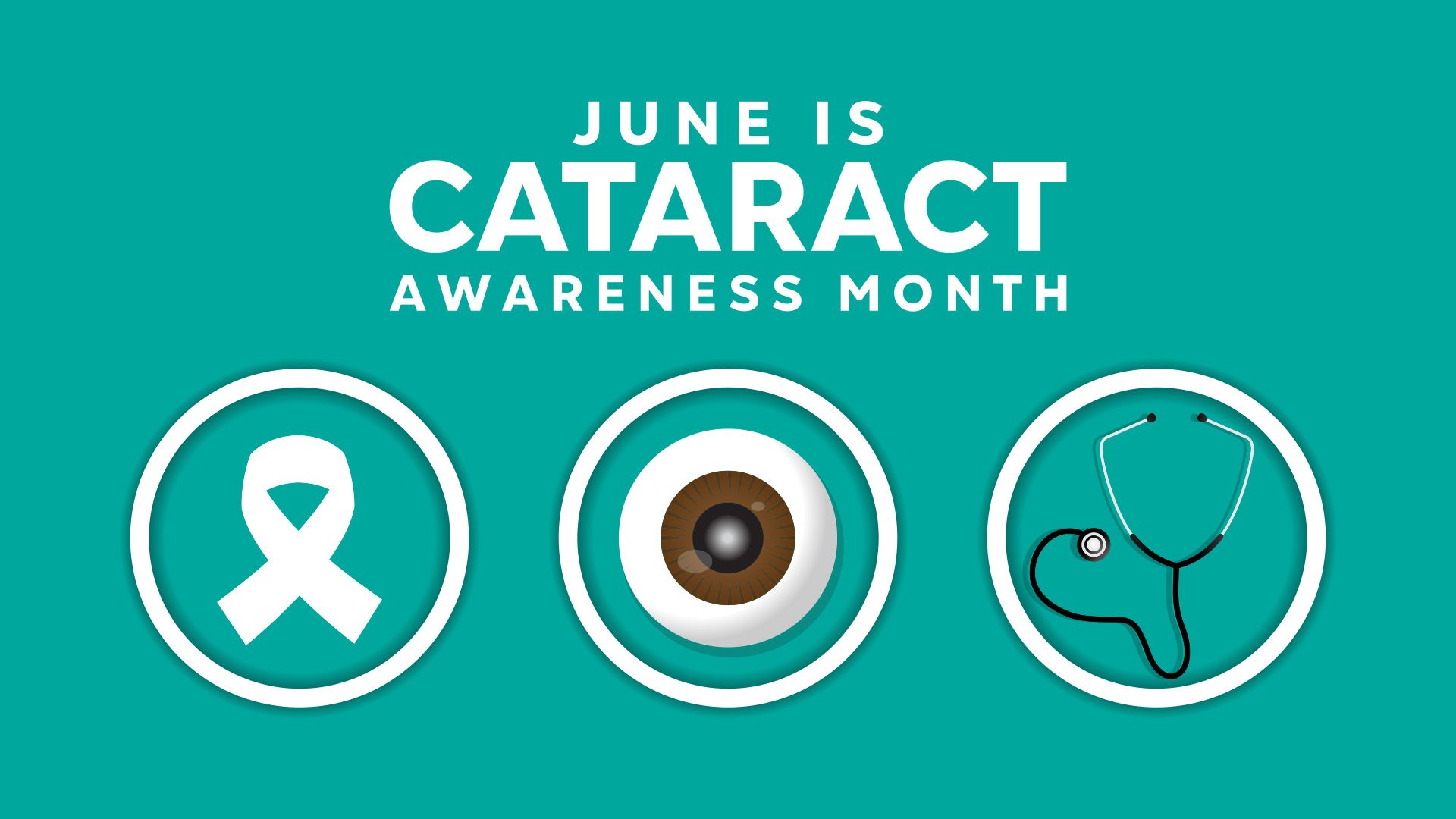Dreams back on track for young cataract patient
Restored vision gives student renewed hope for the future
Everything is in HD now.” These are the words of a young woman after receiving specialist eye surgery – an experience she says has given her a second chance at life.
Upbeat 25-year-old student Atang Climantine Makhubedu jokingly calls herself a cataract survivor. Just weeks before, however, she was battling the harsh reality of unexpected vision loss, which Dr Sachin Bawa, an ophthalmic surgeon practising at Netcare Linkwood Hospital, describes as having significantly impacted Atang’s daily life.
Dr Bawa explains that cataracts involve the loss of clarity in the human lens. “The clear lens is found behind the eye’s pupil, and when it becomes cloudy, it can cause visual impairment. In Atang’s case, both eyes had become affected to the point where she needed ongoing help with daily activities from family members and was struggling with her studies
“Most people will develop age-related cataracts, but it can occur in young people with certain risk factors, such as diabetes, chronic use of medications like steroids, trauma to the eye and genetic issues,” he says.
As a person with type 1 diabetes, Atang is fastidious about seeking medical care when unusual symptoms appear, so when she started to experience blurred vision last year, she went straight to her local clinic for assessment.

25-year-old Atang Makhubedu’s dreams are back on track after receiving life-changing surgery to address the cataracts that were significantly impairing her vision. This energetic young student credits the Netcare Foundation and Dr Sachin Bawa, an ophthalmic surgeon practising at Netcare Linkwood Hospital, with giving her a renewed sense of hope for the future.
Atang describes the following months as being tough and depressing. “My vision became so bad that I had lost my smile – I did not like the person I was becoming. The out-of-pocket costs for private surgery were beyond reach, and I was demoralised knowing that the longer I had to wait for the procedure, the more I would have to rely on others,” she says.
Atang’s dreams for the future seemed to be slipping away, but she finally saw some light when the Netcare Foundation responded to an email her sister sent on her behalf. “From that moment on, everything moved so quickly,” she says.
According to Sharlene Swart, Netcare’s corporate social investment projects and funding manager, while cataract surgery is generally considered a straightforward, routine solution, it is sadly not readily available for many, as was the case for Atang.
“It is always heartbreaking to witness the devastating effects of vision loss that could so easily be addressed, particularly in the case of a promising young person with their whole life ahead of them. So, when Atang’s case came to our attention, the Netcare Foundation was only too glad to step up and provide assistance, along with Dr Bawa, who selflessly answered the call,” Swart says.
After consulting with Atang, Dr Bawa wasted no time in scheduling her much-needed surgery for the very next day. “I felt an urgency to help her as soon as we could. The surgery is a painless 20-minute procedure in which the cataract is removed through a micro incision of 2.5 mm, and a new artificial lens called an intraocular lens is implanted.
“Atang had both eyes done at the same time, and her procedure took no more than 40 minutes. Generally, recovery is patient dependent and can take up to a week to improve, but Atang had perfect vision the very next day and returned home with eye drops to use during the recovery period. From there, eyeglasses are generally prescribed after four weeks to further improve vision,” he explains.
Atang highlights the remarkable difference this seemingly routine procedure has made in her life. “I no longer have to ask for help reading the labels on products at the grocery shop, and I don’t have to zoom in on every word just to be able to read a simple text message.
“As a diabetic, physical activity is crucial for my health. I can go for walks without worrying about falling, and I can manage my insulin injections by myself again. At last, I can complete my degree in public relations and move forward with my life. I am a curious being who loves hiking, reading, writing and learning, and I am truly grateful for the independence that has been returned to me.
“Dr Bawa and the team at the hospital really made me feel at home, and the surgery was quick, easy and painless. I am so thankful to them and the Netcare Foundation. I aim to pay it forward and give back to those in need one day, but for now I would like other people living with diabetes to know they are not alone in their journey,” she says.
Dr Bawa highlights that the only available treatment for visually significant cataract is surgery, which, if delayed for long periods, can present challenges for the surgeon and may include a higher risk of complications. “Symptoms of cataract include glare, poor night vision, faded colours and blurred vision. Good general health and nutrition can help delay the onset of cataract, but treatment should be sought as soon as symptoms appear,” he says.
Swart thanks Dr Bawa and the many other dedicated healthcare professionals in South Africa for giving their time and expertise freely to uplift people like Atang.
“We at the Netcare Foundation firmly believe that a spirit of collaboration can continue to move our nation forward in meeting the very real healthcare needs of so many South Africans, and we are honoured to play a role in making that a reality,” she concludes.













